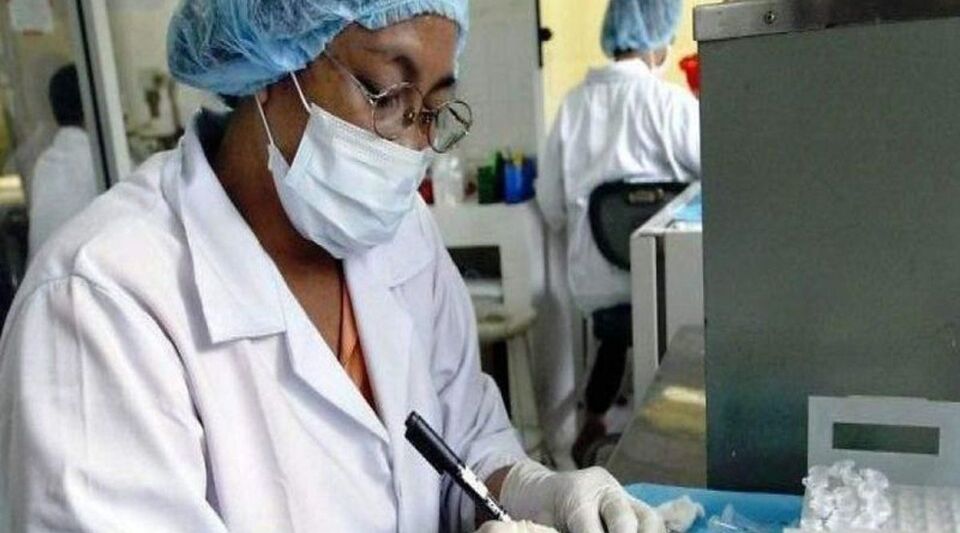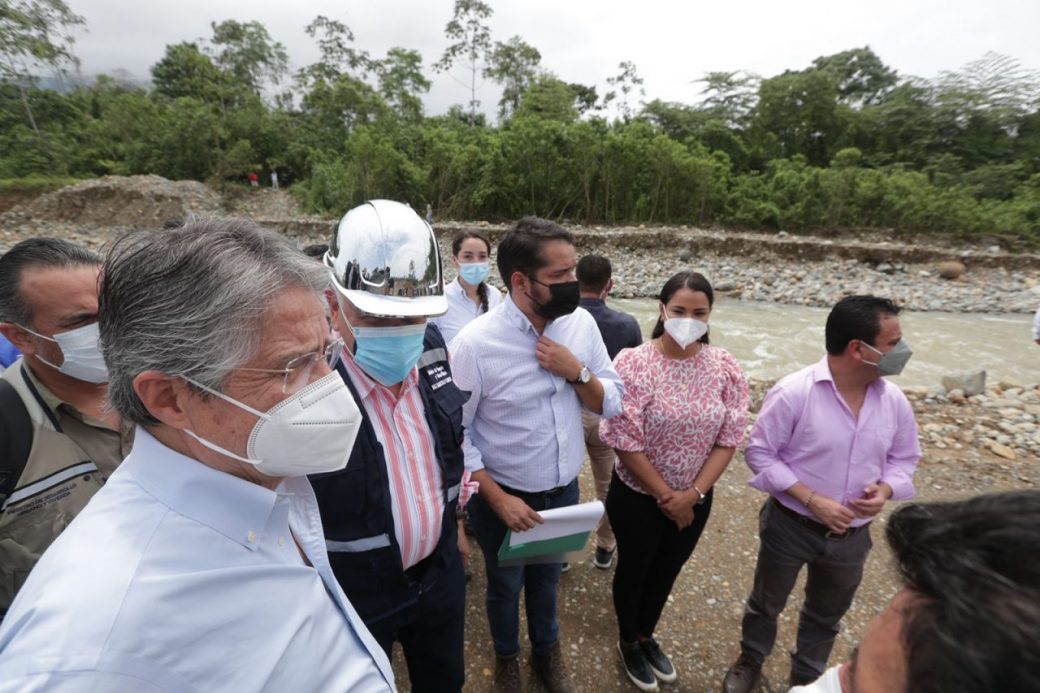Cuba’s expectations to place its vaccines against covid-19 on the international market have encountered bad news today. The Director General of the World Health Organization (WHO) has announced that Egypt, Kenya, Nigeria, Senegal, South Africa and Tunisia will be the first countries to be supplied with the necessary technology to produce mRNA vaccines on the African continent.
The announcement was made at the summit of the African Union with the European Union, held this Friday in Brussels, adding that the beneficiary countries are those that had requested it.
The covid-19 mRNA Technology Transfer Center was created to deal with this disease in 2021, although it is expected to help in other areas. Its aim is to support manufacturers in low- and middle-income countries so that they could use this technology and produce their own vaccines.
The institution ensures that countries have all the necessary operating procedures and technical knowledge to manufacture these serums at scale and according to international standards.
Companies in the countries of the South are able to manufacture their vaccines if supported by an adequate transfer
According a study conducted by Doctors Without Borders, companies in the countries of the South are able to manufacture their vaccines if supported by an adequate transfer. The NGO asked the American company Moderna to support this type of task, arguing that it received substantial public funds to develop its serum.
The WHO has expressed its concern on numerous occasions that vaccines against covid-19 do not reach poor countries. According to the highest global health authority, this situation makes it easier for the virus to continue mutating and expanding over and over again throughout the world, due to the constant flows of mobility.
Just three days ago, the organization Amnesty International denounced the resounding failure of pharmaceutical companies “when facing the challenge of an unprecedented global health and human rights crisis.” In a study, the NGO shows that 10,000 million doses of vaccines against covid-19 were produced last year, more than enough to reach the 40% global vaccination target set by the World Health Organization (WHO).
However, just over 4% of the population in low-income countries had been fully vaccinated at the end of last year, because the vaccines did not arrive. At the end of last year it transpired that only half of the promised doses had reached poor countries.
Johnson & Johnson and AstraZeneca delivered at least 50% of what was promised, but others like China’s Sinovac and Sinopharm delivered only 0.5% and 1.5% of their vaccines to low-income countries, respectively. In the case of Moderna, it sent 2% to low-income countries and 23.5% to lower-middle-income countries, while Pfizer sent 1% and 14%, respectively.
Emergency use authorization has been stalled for Cuban vaccines for no exact reason. The WHO argues that they are waiting to receive the complete documentation
In that scenario, Cuba rubbed its hands. At the beginning of January, the official press echoed an article published by the Mexican newspaper the day in which they were mentioned Cuban vaccines as a solution for these countries.
“The audacity of this small country to produce its own vaccines and immunize 90% of its population is extraordinary,” John Kirk, professor emeritus in the Latin America program at Dalhousie University in Nova Scotia, Canada, told CNBC. This argument was used by Ángel Guerra Cabrera, author of the text.
According to their conclusions, “Cuba’s vaccines are cheap to produce, can be manufactured at scale and do not require deep freezing.” The latter was one of the favorable points for Cuban whey, which is based on recombinant protein technology and does not require extreme temperatures, something difficult to achieve in countries with few resources. In addition, its manufacturers had already warned that the price would be very low compared to those on the market.
But emergency use authorization has stalled for Cuban vaccines for no exact reason. The WHO argues that they are waiting to receive the complete documentation and the manufacturers assure that the delay in sending it is due to some changes. “The progress depends on us. We decided to move production to a new plant (…). We are starting production there and adapting the documentation, which must be sent to the WHO,” said the president of BioCubaFarma, Eduardo Martínez Díaz, at the end of december.
This same week, Martínez spoke again on the matter and stated that he will send the dossier with the required information in mid-March. Marketing largely depends on this approval, regardless of Havana’s partner countries whose regulators have authorized it and apply it (Vietnam, Venezuela, Nicaragua or Iran). However, Africa is one of Cuba’s natural markets in these conflicts and, if it achieves the production of vaccines with the same strength that they have shown for a long time in curbing the serious development of the disease, it could no longer need to go to Cuba to acquire a product that has yet to scientifically prove its validity.
________________________
Collaborate with our work:
The team of 14ymedio is committed to doing serious journalism that reflects the reality of deep Cuba. Thank you for joining us on this long road. We invite you to continue supporting us, but this time becoming a member of our journal. Together we can continue transforming journalism in Cuba.






